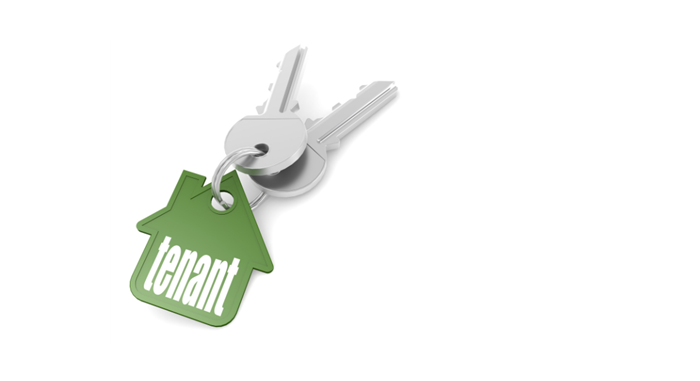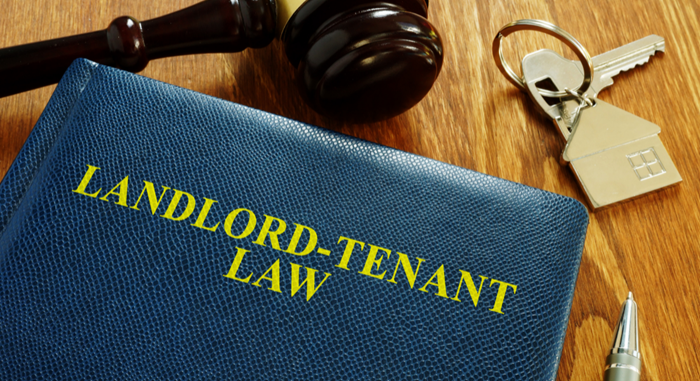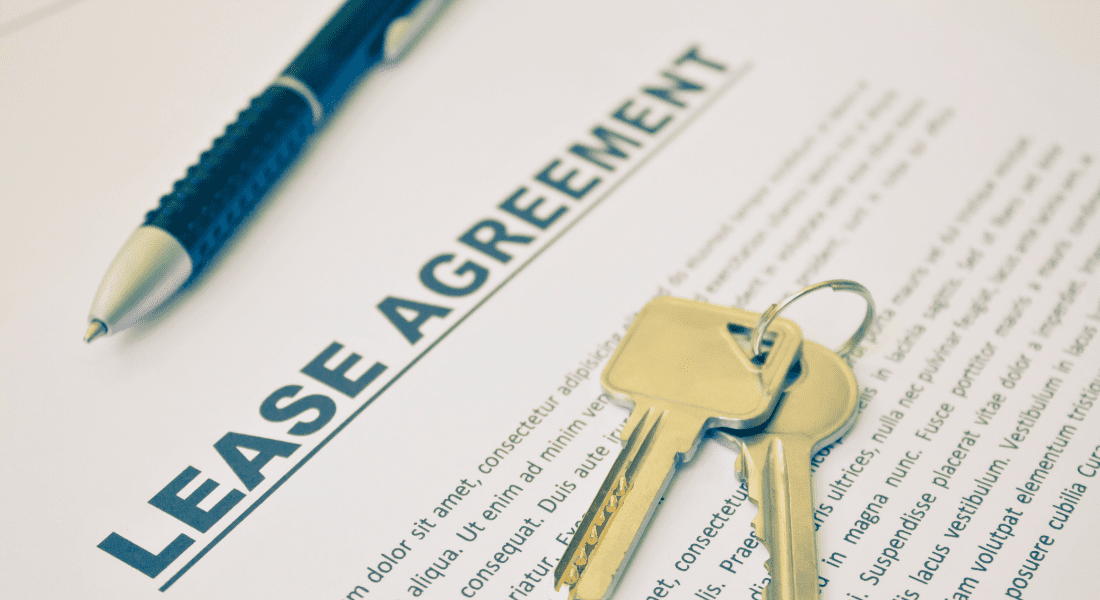As a tenant, understanding your rights and responsibilities is crucial for a harmonious landlord-tenant relationship and ensuring your protection under the law. This comprehensive guide will walk you through the various aspects of being a tenant, answering common questions, and providing essential information to help you navigate your tenancy effectively.
By knowing your rights, you can protect your legal interests and live in your rented home with peace of mind. Now, let’s delve into each of these topics to help you better understand your tenant rights and responsibilities.

Table of Contents
ToggleWhat Are Tenant Rights and Responsibilities?
Defining tenant rights and responsibilities.
Why understanding your rights is essential for renters.
Lease Agreements: Your Legal Foundation
The importance of the lease agreement in protecting tenant rights.
What should be included in your lease agreement?
A comprehensive lease agreement should cover essential aspects, including the lease duration, rent amount and due date, security deposit details, repair and maintenance responsibilities, and rules and regulations. Familiarize yourself with the terms of your lease to ensure you know what to expect and what is expected of you as a tenant.
Rent and Payment
Understanding the tenant’s responsibility to pay rent.
What are your rights as a tenant regarding rent?
Tenants have the right to pay their rent without unlawful interference from their landlord. Landlords must follow state and local laws when increasing rent or making changes to the payment terms. Understanding your rights in this area will help you protect your finances and ensure a fair rental agreement.
Repairs and Maintenance
The landlord’s obligation to maintain the property.
Landlords have a legal responsibility to keep the rental property in good repair and maintain habitable living conditions. If you encounter maintenance issues, it is essential to report them to your landlord promptly. In some cases, you may have the right to request repairs and withhold rent if necessary repairs are not made.
How to address repair issues as a tenant
If you encounter repair issues, notify your landlord in writing and provide them with a reasonable time to make the necessary repairs. If the landlord fails to address the problems, you may contact local authorities or take legal action to enforce your rights.
These are just some of the key points in our guide to tenant rights and responsibilities. Continue reading to gain a comprehensive understanding of your legal protections and obligations as a tenant.
Protection Against Discrimination
The Fair Housing Act serves as a cornerstone in safeguarding individuals from discriminatory practices in housing. This federal law prohibits discrimination based on various protected characteristics, including race, color, religion, sex, familial status, national origin, and disability.
Understanding Discrimination
Discrimination in housing can manifest in various forms, such as refusal to rent or sell, unequal terms and conditions, harassment, or retaliation against exercising one’s fair housing rights.
Recognizing Discriminatory Practices
It’s essential to recognize discriminatory practices during the rental process. Examples include a landlord refusing to rent to someone because of their race or religion, imposing different terms or conditions based on familial status, or denying reasonable accommodations for disabilities.
Your Rights and Recourse
If you believe you’ve experienced discrimination during the rental process, you have the right to take action. This includes filing a complaint with the appropriate authorities, such as the Department of Housing and Urban Development (HUD) or state fair housing agencies. These agencies investigate claims of discrimination and may take legal action against violators.
Seeking Redress
If discrimination is found to have occurred, remedies may include monetary damages, injunctive relief, or changes in policies and practices to prevent future discrimination. Additionally, individuals found guilty of discrimination may face civil penalties or criminal charges.
Eviction: Know Your Rights
Facing eviction can be a distressing experience, but tenants are entitled to legal protections to ensure fair treatment throughout the process.
Due Process
Landlords must adhere to legal procedures when seeking to evict a tenant. This typically involves providing written notice of the eviction, citing the reasons for termination, and allowing the tenant a specified period to remedy the situation or vacate the premises.
Proper Notice
The type of notice required and the duration may vary depending on state and local laws, as well as the specific circumstances of the eviction. It’s crucial to familiarize yourself with the eviction laws in your jurisdiction to understand your rights and obligations.
Legal Assistance
If faced with eviction, seek legal assistance promptly. An attorney specializing in landlord-tenant law can review your case, advise you on your rights, and represent your interests in court if necessary.
Defenses Against Eviction
Tenants may have valid defenses against eviction, such as landlord retaliation, failure to maintain habitable conditions, or discrimination. Understanding your rights and potential defenses can help you mount a successful defense against eviction proceedings.
Exploring Alternatives
In some cases, negotiating with your landlord or seeking mediation may help resolve issues without resorting to eviction. Exploring alternatives to eviction can benefit both parties and preserve the landlord-tenant relationship.
Breaking Your Lease: What You Need to Know
Breaking a lease agreement prematurely carries both financial and legal implications, but there are steps you can take to mitigate the consequences.
Reviewing Your Lease
Start by carefully reviewing your lease agreement to understand the terms and conditions for early termination. Pay close attention to clauses regarding notice requirements, penalty fees, and conditions under which you can terminate the lease without repercussions.
Giving Notice
If you need to break your lease, provide your landlord with written notice as stipulated in your lease agreement. State the reasons for early termination and adhere to any notice periods specified in the lease.
Negotiating with Your Landlord
Consider discussing your situation with your landlord to explore potential solutions. They may be willing to release you from the lease early if you find a replacement tenant or agree to pay a portion of the remaining rent.
Understanding Financial Obligations
Breaking your lease may incur financial liabilities, such as paying rent for the remaining lease term or forfeiting your security deposit. Review the terms of your lease agreement to understand your financial obligations in case of early termination.
Seeking Legal Advice
If you’re uncertain about your rights and obligations regarding lease termination, seek legal advice from a qualified attorney. They can provide guidance on navigating the process and minimizing potential legal consequences.
Conclusion: Key Takeaways
Understanding your tenant’s rights and responsibilities is essential for a smooth and secure renting experience. Here are some key takeaways to remember:
- Tenant rights and responsibilities define the legal framework for landlord-tenant relationships.
- Your lease agreement is a critical document that protects your rights and outlines your responsibilities.
- Paying rent on time is a fundamental tenant responsibility, and you have rights regarding rent increases.
- Landlords are obligated to maintain the property, ensuring it is habitable and safe to live in.
- Familiarize yourself with your lease terms and seek legal assistance if needed to understand your lease agreement better.
By knowing your rights and responsibilities, you can protect yourself and enjoy a peaceful tenancy. If you ever have questions or concerns about your rights, don’t hesitate to seek legal advice or contact local tenant organizations for assistance.
FAQs
What are my rights as a tenant?
As a tenant, you have several rights that protect your well-being and ensure fair treatment. These rights typically include the right to a habitable living space, the right to privacy, protection against discrimination, and the right to take certain actions, such as withholding rent, in certain situations. Familiarize yourself with your local tenant laws to understand the specific rights applicable to your situation.
Can my landlord enter my rental unit without my permission?
In most cases, your landlord cannot enter your rental unit without your permission unless there is an emergency or they provide sufficient notice. The notice period and acceptable reasons for entry vary by jurisdiction, so it’s essential to know your local laws. Landlords should respect your right to privacy and provide reasonable notice before entering your home.
What should I do if my landlord refuses to make necessary repairs?
If your landlord is neglecting necessary repairs that affect the habitability of your rental unit, document the issues and communicate your concerns in writing. Check your local laws for specific procedures, but generally, you may have the right to withhold rent, repair and deduct costs, or even break the lease if the issues persist. Consult with a legal professional for advice tailored to your situation.
Can my landlord increase my rent, and if so, how much notice should I receive?
Landlords generally have the right to increase rent, but the specifics vary by location. In many places, landlords must provide a written notice a certain number of days or months before implementing a rent increase. The amount of the increase may also be regulated. Familiarize yourself with your local rent control laws and lease terms to understand your rights and obligations in relation to rent adjustments.
What protection do I have against discrimination in housing?
Tenants are protected against discrimination based on factors such as race, color, religion, sex, national origin, disability, and familial status. Landlords cannot deny housing, set different terms, or provide different services based on these characteristics. Familiarize yourself with anti-discrimination laws in your area and know your rights in case you encounter any discriminatory practices.




